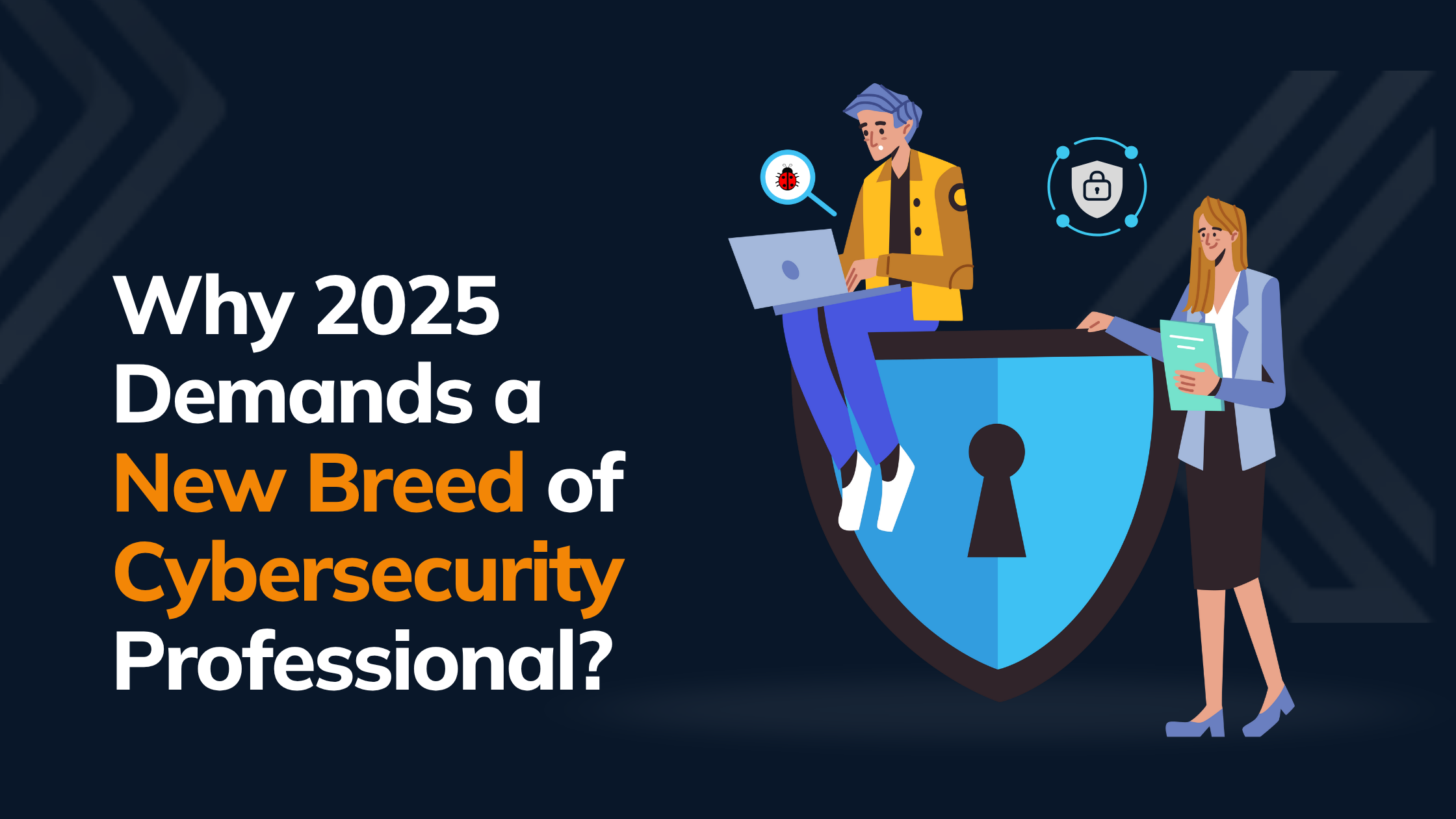
What Skills Do Cybersecurity Analysts Need in 2025?
Cybersecurity isn’t what it used to be—and neither is the job of a cybersecurity analyst. A few years ago, you could rely on network firewalls and antivirus tools to protect a company’s infrastructure. But in 2025? With AI-driven threats, deepfakes, and sophisticated phishing schemes on the rise, that old toolkit just doesn’t cut it anymore.
So… what skills do cybersecurity analysts need today to stay effective, employable, and ahead of the threat curve?
If you’re hiring, managing, or even becoming a cybersecurity analyst, this guide is your roadmap to the must-have skills and competencies shaping the security landscape in 2025 and beyond.
Why 2025 Demands a New Breed of Cybersecurity Professional

Let’s not sugarcoat it—cyber threats have evolved dramatically. AI-generated malware, cloud breaches, ransomware-as-a-service, and nation-state cyberattacks are now everyday realities. And as digital transformation sweeps across even the smallest companies, cybersecurity is no longer an IT silo—it’s a board-level concern.
Analysts today need more than just technical chops. They must be adaptive, analytical, and proactive in ways the industry barely expected just five years ago.
Case in point: According to TechRadar, cybersecurity job listings are surging in 2025, with high demand for AI-aware, cloud-fluent, and automation-savvy professionals.
1. Threat Intelligence and Situational Awareness
The foundation of cybersecurity remains the same: understand what’s out there, and prepare for it.
Modern analysts must:
Track emerging threat actor behaviors
Analyze Indicators of Compromise (IoCs)
Understand global attack patterns and motivations
Use threat intel platforms (e.g., MISP, Recorded Future)
These aren’t just "nice to have"—they’re essential for staying one step ahead of attackers. And in 2025, with nation-state campaigns ramping up, proactive intelligence is table stakes.
2. Cloud Security Expertise
As more businesses move to hybrid and multi-cloud setups (AWS, Azure, GCP), cloud-native security becomes critical. Analysts must know how to secure:
S3 buckets and IAM roles
Kubernetes clusters
Cloud audit logs and encryption practices
Cloud access control policies
Knowledge of Cloud Security Posture Management (CSPM) tools like Prisma Cloud or Wiz is becoming non-negotiable.
Looking to strengthen your security bench without ballooning overhead? Explore Dev Partners' IT staff augmentation services.
3. Security Automation & Scripting
In 2025, manual response = delayed response.
Analysts are expected to work with:
SOAR platforms (e.g., Splunk Phantom, XSOAR)
Python or Bash scripting for log parsing or automation
SIEM data pipeline optimizations
They don’t need to be developers, but they do need to automate basic detection, alerts, and even playbook-based responses to common incidents.
4. Incident Response and Forensics
Breaches happen. When they do, analysts must:
Contain threats rapidly
Collect evidence for internal and legal reporting
Use forensics tools like FTK, EnCase, or Velociraptor
Document everything for audit and recovery purposes
The ability to walk a team through a live incident is arguably one of the top soft + technical hybrid skills in the industry.
Need a part-time security expert to set up your playbooks or SOC workflows? Get in touch with De vPartners.
5. Mastery of Security Frameworks & Compliance
Whether you're in fintech, health, or e-commerce, compliance is unavoidable. Cybersecurity analysts must understand:
NIST, ISO 27001, and CIS frameworks
GDPR, HIPAA, SOC 2 requirements
Risk management and vendor security policies
Internal audit preparation
To explore compliance guidelines in more detail, the NIST Cybersecurity Framework is a solid foundation for many organizations.
6. Soft Skills & Executive Communication
Here’s the deal: all the technical knowledge in the world means nothing if your analyst can’t communicate a risk to the leadership team.
In 2025, the most in-demand analysts:
Write clear, jargon-free reports
Present findings to stakeholders
Collaborate cross-functionally with ops, legal, and product teams
Adapt communication for technical and non-technical audiences
This isn’t optional anymore—it’s expected.
7. AI & Machine Learning Awareness
AI is no longer just the attacker’s weapon—it’s the defender’s tool too. Analysts don’t need to build models from scratch, but they should:
Understand how AI is used to identify anomalies
Evaluate vendor AI claims (hello, marketing buzzwords)
Know the risks of adversarial machine learning
Leverage platforms with AI-based threat detection
Axios reports a spike in AI-enabled cybersecurity roles and workforce reshuffling due to this paradigm shift. The talent gap is real—and growing.
8. Familiarity with Zero Trust Architecture
"Trust but verify" is dead. In its place: zero trust, a model that assumes every request could be compromised.
Analysts should understand:
Identity-based access control
Network segmentation
Policy enforcement engines
Continuous authentication models'
Zero trust isn’t just a buzzword. In many enterprise settings, it’s a compliance requirement.
9. Ethical Hacking & Red Teaming Basics
You don’t need to be a full-time red teamer, but every analyst should:
Know how common attacks are executed
Understand penetration testing workflows
Perform basic scans (e.g., with Nmap, Nessus, Burp Suite)
Help validate fixes after vulnerabilities are patched
It’s one thing to know how to defend—it’s another to know how you’d be attacked.
10. Lifelong Learning Mindset
The tools, frameworks, and tactics we use in 2025 will be outdated by 2026. That’s just the reality of cybersecurity.
Analysts must:
Stay active in threat intel communities
Take certification refreshers (e.g., Security+, CISM, CISA)
Attend virtual summits and live webinars
Regularly test their own knowledge with labs and CTFs
And most importantly—stay curious.
Want cybersecurity talent that evolves with your business? See how DevPartners can help.
Final Thoughts: The Future Belongs to Adaptive Analysts
So—what skills do cybersecurity analysts need in 2025?
The short answer: more than ever before.
The long answer:
Technical depth
Strategic thinking
Communication mastery
Constant upskilling
Whether you're hiring internally or looking for remote support, the stakes are higher, but the solutions are better than ever.
Need to augment your cybersecurity team with vetted professionals who check all the boxes? Let’s talk.